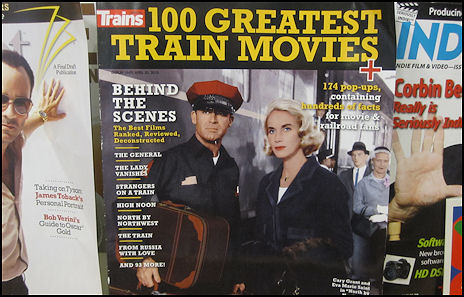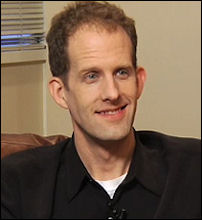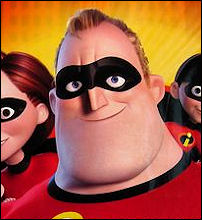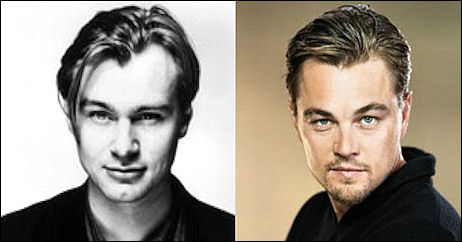Anyone can repeat a generic list of worthwhile train movies. The very best is John Frankenheimer‘s The Train — no arguments! — followed by The General, Runaway Train, The Lady Vanishes, The Darjeeling Limited, Narrow Margin, Silver Streak, etc. But one that’s been more or less forgotten (and which isn’t half bad) is Francis D. Lyon‘s The Great Locomotive Chase (’56), a Civil War actioner that costarred Fess Parker and Jeffrey Hunter.

It’ll never be anyone’s idea of a great film — it was a family-friendly Disney production — but it’s a completely decent one as far as it went. Tidy and focused, a story that moves right along, reasonably sturdy performances.
Best of all is a quietly touching finale in which Parker, a Yankee train-hijacker condemned to hang, shakes the hand of Hunter, his Confederate pursuer, with the idea that Union and Confederates will one day be friendly when the war is over “so I’d like if if we could shake now,” etc.
The Great Locomotive Chase was shot in an early permutation of CinemaScope (i.e., an extra-wide 2.55 to 1 aspect ratio).






